Landmarks in Austria
Austria, a country steeped in history and blessed with spectacular natural beauty, offers a treasure trove of fascinating landmarks and attractions for visitors to explore.
From the imperial grandeur of Vienna's palaces and the breathtaking alpine vistas of the Grossglockner High Alpine Road to the charming village of Hallstatt and the cutting-edge Ars Electronica Center in Linz, Austria's top 12 landmarks cater to a wide range of interests and tastes.
Join us on a captivating journey through the country's most enchanting sites, where you'll experience the perfect blend of nature, culture, history, and innovation that Austria has to offer.
Iconic Landmarks in Austria
1. Schönbrunn Palace, Vienna

- Best Time to Visit: Spring and Fall
- What to Expect: A tour of the palace and its gardens, the Gloriette, the Palm House, and the Tiergarten Schönbrunn (Zoo)
- Ideal For: Families, solo travelers, history enthusiasts, nature lovers
- Yearly Visitor Count: Approximately 3.8 million
- Geographical Location: West of Vienna's city center
Schönbrunn Palace, a former Habsburg imperial summer residence, is a magnificent baroque palace in Vienna. The palace boasts 1,441 rooms, many of which can be explored on guided tours. Visitors can also stroll through the impressive palace gardens, which feature the Gloriette—an 18th-century architectural masterpiece offering panoramic views of Vienna.
Within the grounds, the Palm House, a remarkable greenhouse with an impressive collection of exotic plants, and the Tiergarten Schönbrunn, the world's oldest zoo, are must-see attractions.
2. St. Stephen's Cathedral, Vienna
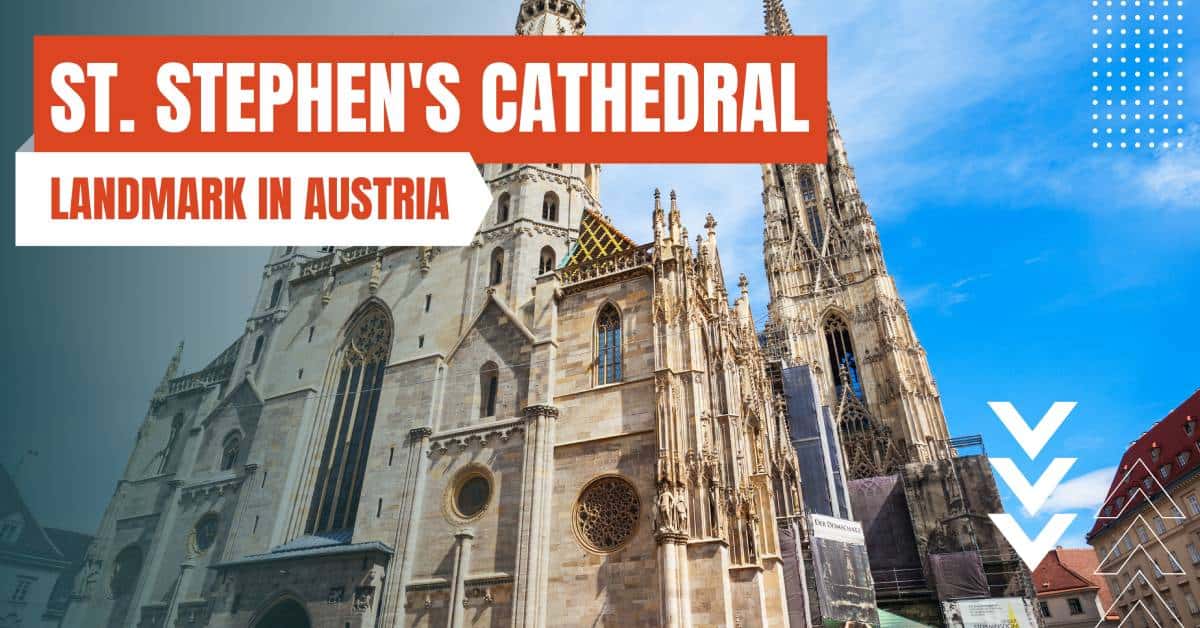
- Best Time to Visit: Year-round
- What to Expect: A stunning gothic cathedral, guided tours, a climb to the South Tower, catacombs, and panoramic city views
- Ideal For: Families, solo travelers, architecture lovers, history enthusiasts
- Yearly Visitor Count: Approximately 3 million
- Geographical Location: Heart of Vienna's city center
St. Stephen's Cathedral, known locally as Stephansdom, is a symbol of Vienna and a masterpiece of Gothic architecture. The cathedral is famous for its intricately patterned roof, made up of more than 200,000 glazed tiles.
Visitors can take guided tours of the cathedral's interior, explore the catacombs, or climb the South Tower's 343 steps for breathtaking views of the city.
The cathedral's treasury also displays a variety of religious artifacts and historical treasures.
3. Belvedere Palace, Vienna
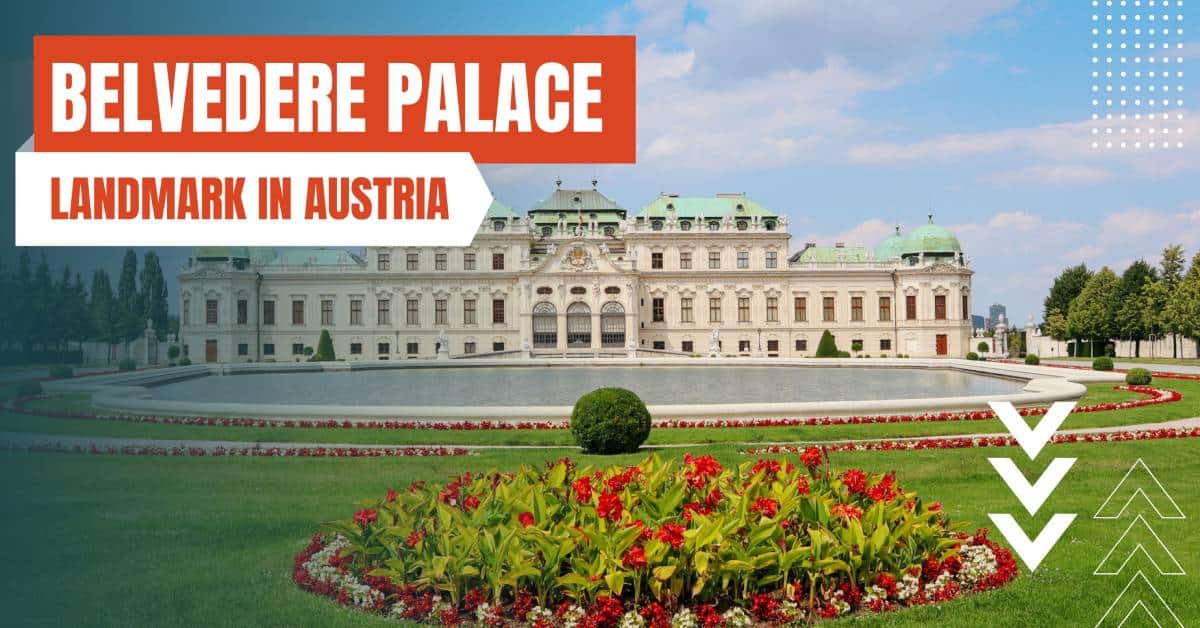
- Best Time to Visit: Spring and Fall
- What to Expect: A tour of the palace's Upper and Lower Belvedere, the Orangery, the Palace Stables, and the extensive art collection, including Klimt's "The Kiss"
- Ideal For: Families, solo travelers, art enthusiasts, history buffs
- Yearly Visitor Count: Approximately 1.5 million
- Geographical Location: Southeast of Vienna's city center
Belvedere Palace, a baroque architectural marvel, is a complex of two palaces, Upper and Lower Belvedere, surrounded by lush gardens. Once a summer residence for Prince Eugene of Savoy, the palace now houses an extensive art collection, including Gustav Klimt's iconic painting "The Kiss."
Visitors can explore the beautifully decorated rooms, the Orangery, and the Palace Stables, while admiring the impressive works of art.
Traveling to Austria and need mobile internet? Compare eSIMs for Austria from over 20+ Prepaid eSIM providers
4. Hohensalzburg Fortress, Salzburg

- Best Time to Visit: Spring and Fall
- What to Expect: Guided tours, the Fortress Museum, panoramic views of Salzburg, the Marionette Museum, and the Alm Passage
- Ideal For: Families, solo travelers, history enthusiasts
- Yearly Visitor Count: Approximately 1.3 million
- Geographical Location: Salzburg, on a hill overlooking the city
Hohensalzburg Fortress, an imposing 11th-century fortress, sits atop a hill and dominates the skyline of Salzburg. Accessible by funicular or a steep walk, the fortress offers stunning views of the city and the surrounding Alps.
Visitors can take guided tours to explore the various chambers, the Fortress Museum, the Marionette Museum, and the atmospheric Alm Passage, a medieval passageway carved into the rock.
5. Hallstatt, Upper Austria
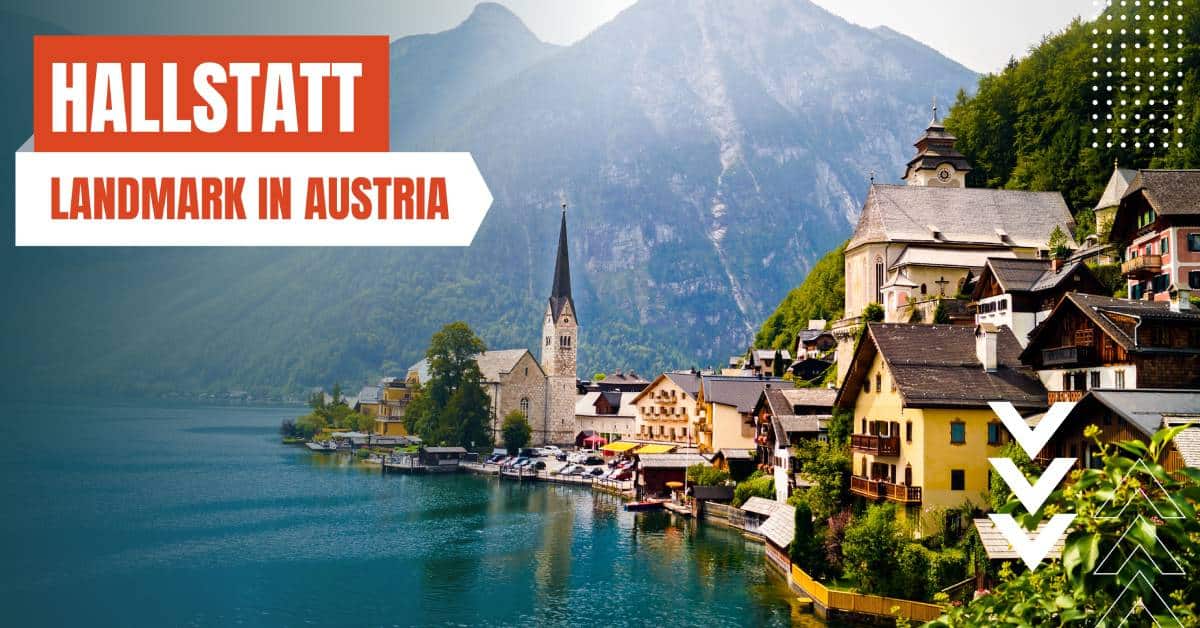
- Best Time to Visit: Spring and Fall
- What to Expect: Picturesque village, Hallstatt Salt Mine, Dachstein Ice Caves, Lake Hallstatt, and the Skywalk World Heritage View
- Ideal For: Families, solo travelers, nature lovers, photographers
- Yearly Visitor Count: Approximately 1 million
- Geographical Location: Salzkammergut region, Upper Austria
Hallstatt, a charming village nestled between Lake Hallstatt and the Dachstein Mountains, is a UNESCO World Heritage site known for its stunning natural beauty and cultural significance. Visitors can explore the 7,000-year-old Hallstatt Salt Mine, the Dachstein Ice Caves, or take a boat ride on Lake Hallstatt.
The Skywalk World Heritage View platform offers breathtaking panoramas of the village and its surroundings.
6. Mirabell Palace and Gardens, Salzburg
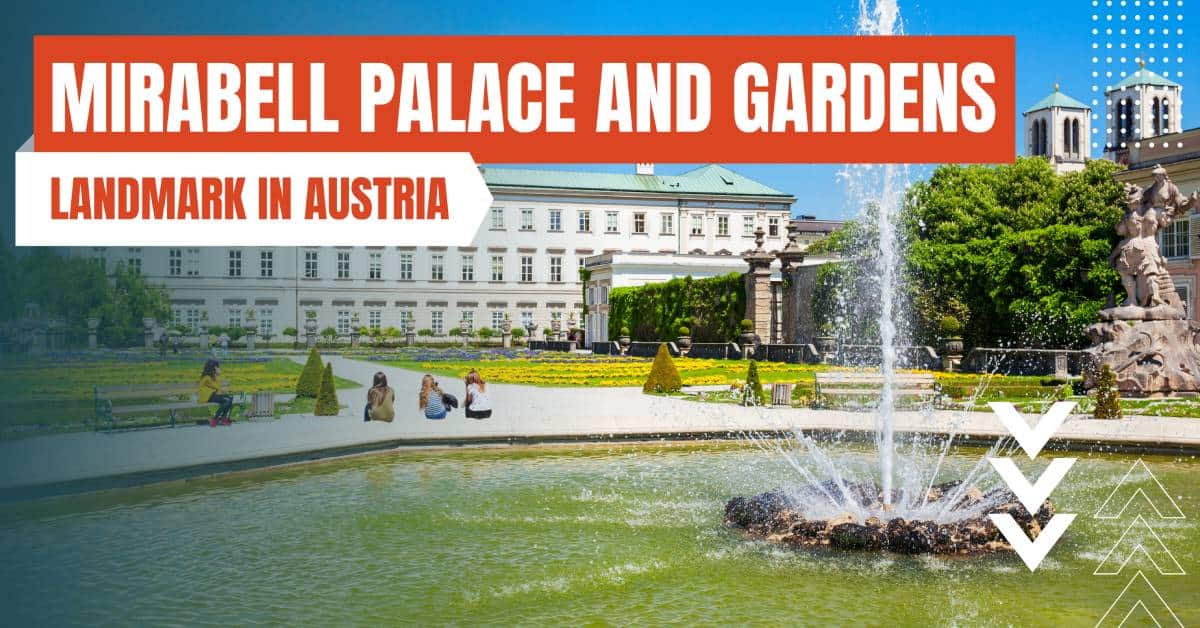
- Best Time to Visit: Spring and Summer
- What to Expect: A baroque palace, beautifully landscaped gardens, the Marble Hall, and a picturesque view of Hohensalzburg Fortress
- Ideal For: Families, solo travelers, garden enthusiasts, history buffs
- Yearly Visitor Count: Approximately 800,000
- Geographical Location: Salzburg, near the Salzach River
Mirabell Palace and Gardens, originally built in 1606, is a baroque architectural gem in Salzburg. The palace is famous for its Marble Hall, one of the world's most beautiful wedding venues.
Visitors can stroll through the meticulously landscaped gardens, adorned with fountains, sculptures, and a variety of blooming flowers, while taking in views of the Hohensalzburg Fortress.
7. Hofburg Imperial Palace, Vienna
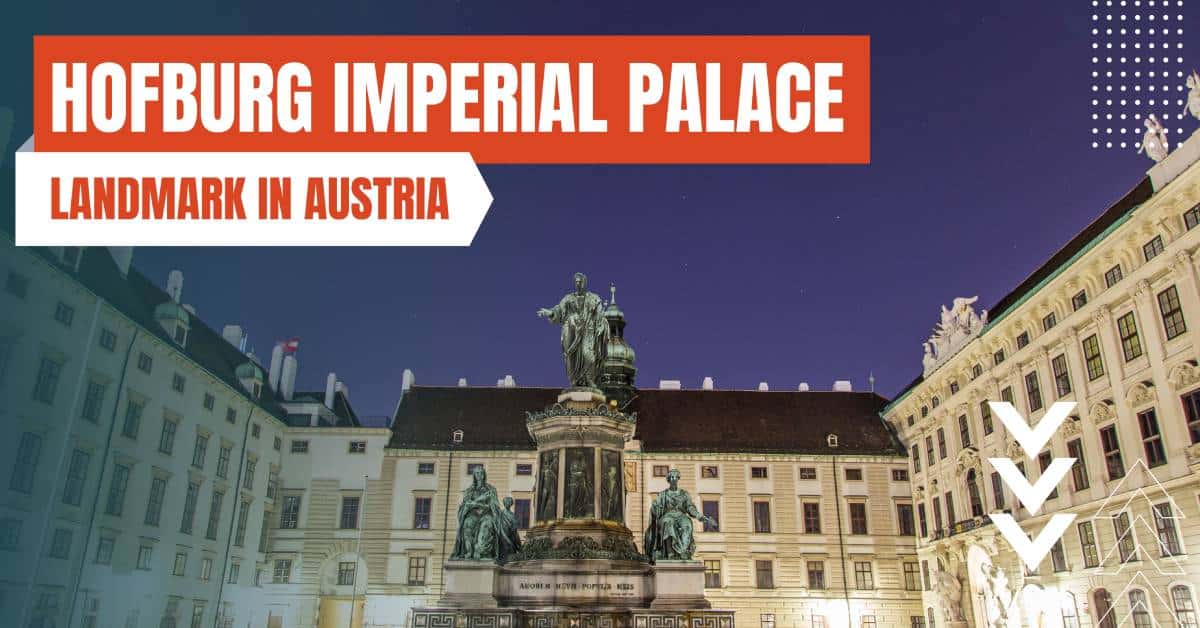
- Best Time to Visit: Year-round
- What to Expect: Guided tours, the Imperial Apartments, the Sisi Museum, the Silver Collection, the Austrian National Library, and the Spanish Riding School
- Ideal For: Families, solo travelers, history enthusiasts
- Yearly Visitor Count: Approximately 700,000
- Geographical Location: Vienna's city center
Hofburg Imperial Palace, once the seat of the Habsburgs, is a sprawling complex in the heart of Vienna. The palace houses the Imperial Apartments, the Sisi Museum, the Silver Collection, the Austrian National Library, and the Spanish Riding School.
Visitors can take guided tours and immerse themselves in the opulent world of the Habsburgs, while learning about the history and culture of the Austrian Empire.
8. Melk Abbey, Lower Austria
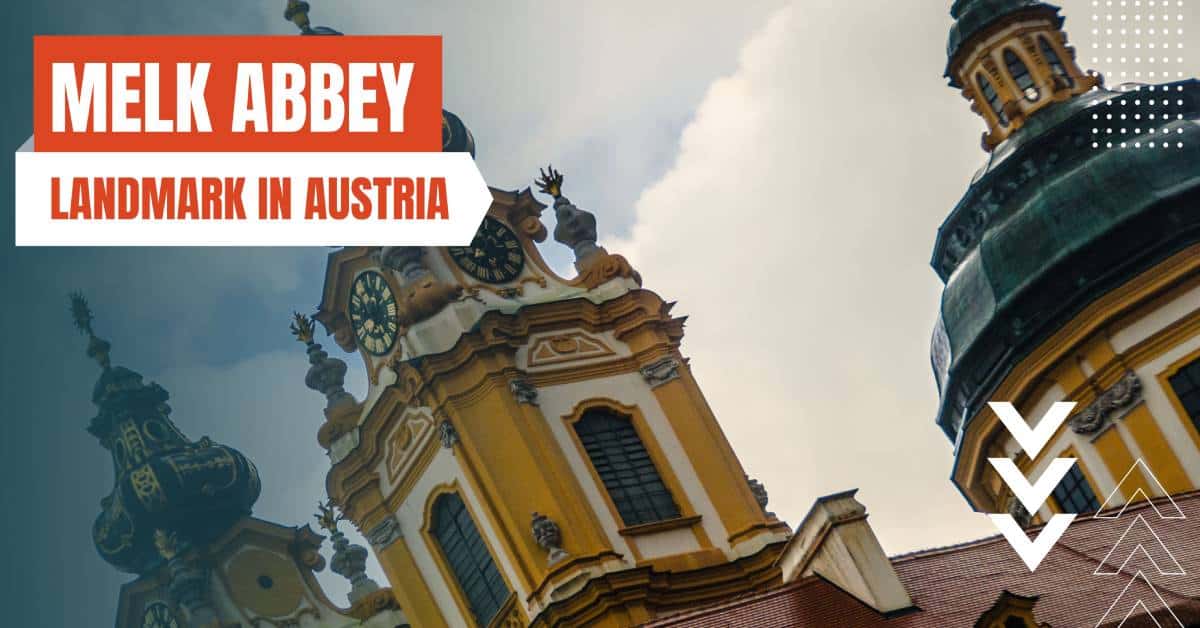
- Best Time to Visit: Spring and Fall
- What to Expect: Guided tours, the Baroque library, the Abbey Church, the museum, and the panoramic terrace
- Ideal For: Families, solo travelers, history enthusiasts, architecture lovers
- Yearly Visitor Count: Approximately 500,000
- Geographical Location: Melk, Lower Austria, overlooking the Danube River
Melk Abbey, a stunning baroque Benedictine monastery, overlooks the Danube River in Lower Austria. The abbey is renowned for its impressive library, which houses thousands of manuscripts and rare books.
Visitors can take guided tours of the Abbey Church, the museum, and the library, while enjoying spectacular views from the terrace.
9. Grossglockner High Alpine Road, Carinthia and East Tyrol
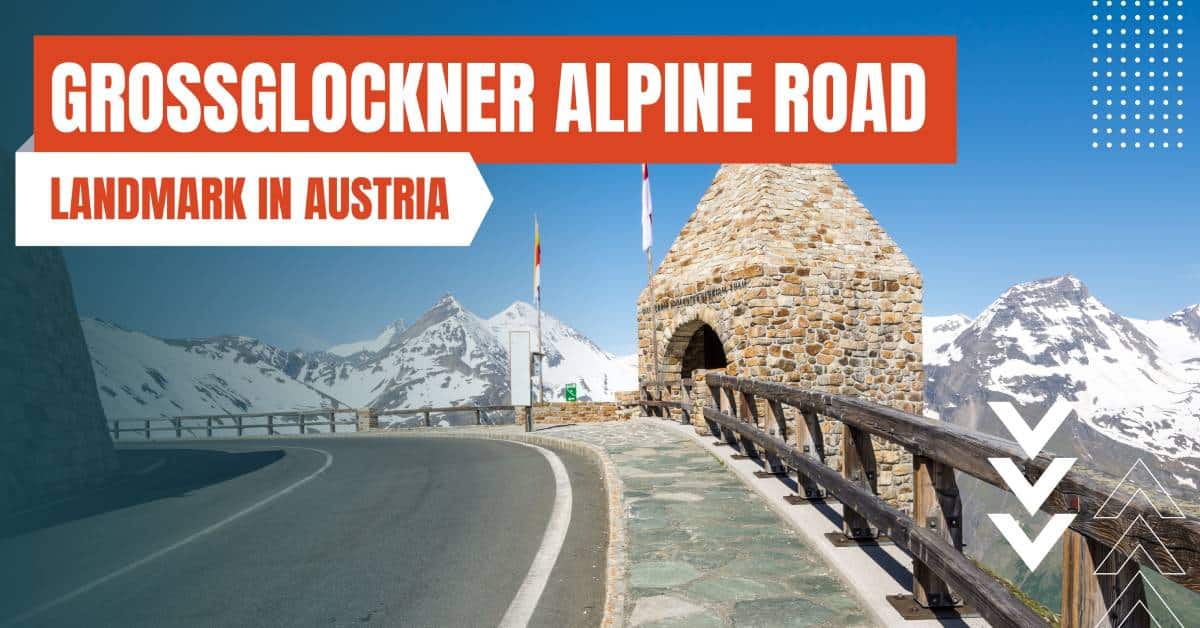
- Best Time to Visit: Summer and Fall
- What to Expect: Scenic drives, panoramic views, alpine flora and fauna, hiking trails, and the Kaiser-Franz-Josefs-Höhe visitor center
- Ideal For: Families, solo travelers, nature lovers, outdoor enthusiasts
- Yearly Visitor Count: Approximately 270,000
- Geographical Location: Carinthia and East Tyrol, Austria
Grossglockner High Alpine Road, a 30-mile-long mountain pass, offers a breathtaking journey through Austria's highest peak, Grossglockner, and the Hohe Tauern National Park. With numerous viewpoints, hiking trails, and opportunities to spot alpine flora and fauna, the road is a paradise for nature lovers and outdoor enthusiasts.
The Kaiser-Franz-Josefs-Höhe visitor center provides information about the region's history, geology, and wildlife, as well as offering stunning views of the Pasterze Glacier.
10. Innsbruck's Golden Roof, Tyrol
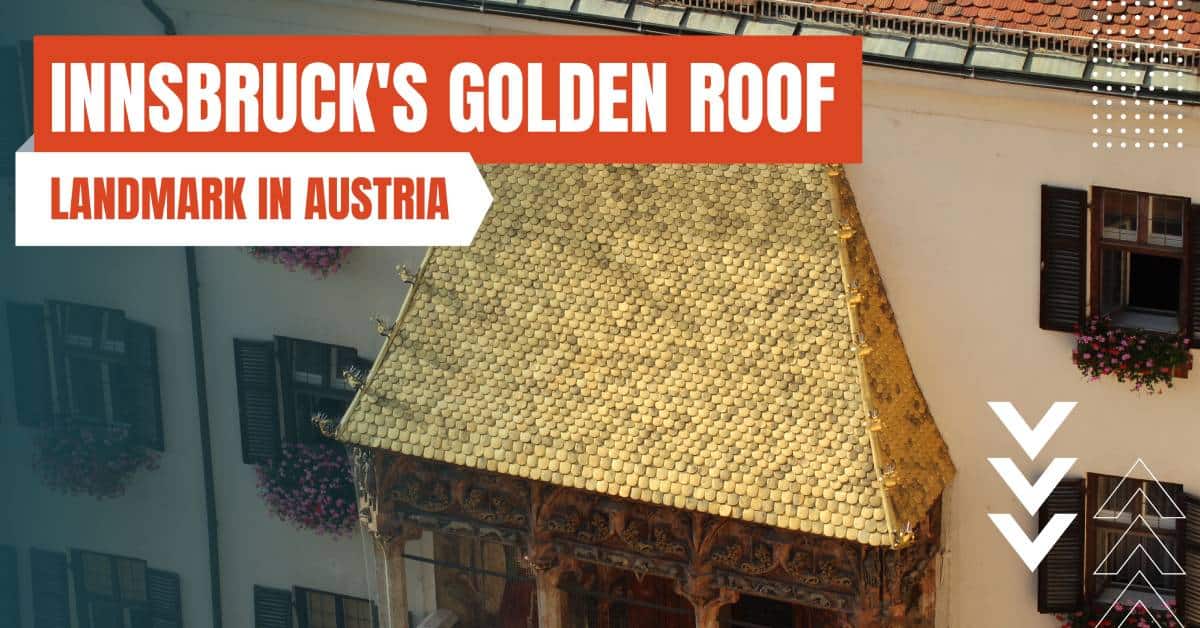
- Best Time to Visit: Year-round
- What to Expect: A historic landmark, the Golden Roof Museum, Old Town Innsbruck, and nearby Tyrolean attractions
- Ideal For: Families, solo travelers, history enthusiasts, architecture lovers
- Yearly Visitor Count: Approximately 200,000
- Geographical Location: Innsbruck, Tyrol
Innsbruck's Golden Roof, a 15th-century architectural marvel, is adorned with 2,657 gilded copper tiles and is the city's most famous landmark. The Golden Roof Museum offers insights into the history of the landmark and the life of Emperor Maximilian I.
Strolling through the picturesque Old Town, visitors can also explore nearby attractions such as the Hofkirche, the Tyrolean State Museum, and the City Tower.
11. Ars Electronica Center, Linz

- Best Time to Visit: Year-round
- What to Expect: Interactive exhibitions, hands-on workshops, cutting-edge technology, and the Deep Space 8K projection system
- Ideal For: Families, solo travelers, technology enthusiasts, art lovers
- Yearly Visitor Count: Approximately 190,000
- Geographical Location: Linz, Upper Austria, near the Danube River
The Ars Electronica Center, a museum of art, technology, and society, showcases innovative exhibits that merge science, art, and technology.
Visitors can interact with groundbreaking projects, attend hands-on workshops, and experience the awe-inspiring Deep Space 8K projection system, which provides high-resolution 3D visualizations of art, science, and technology-related content.
12. Swarovski Crystal Worlds, Tyrol
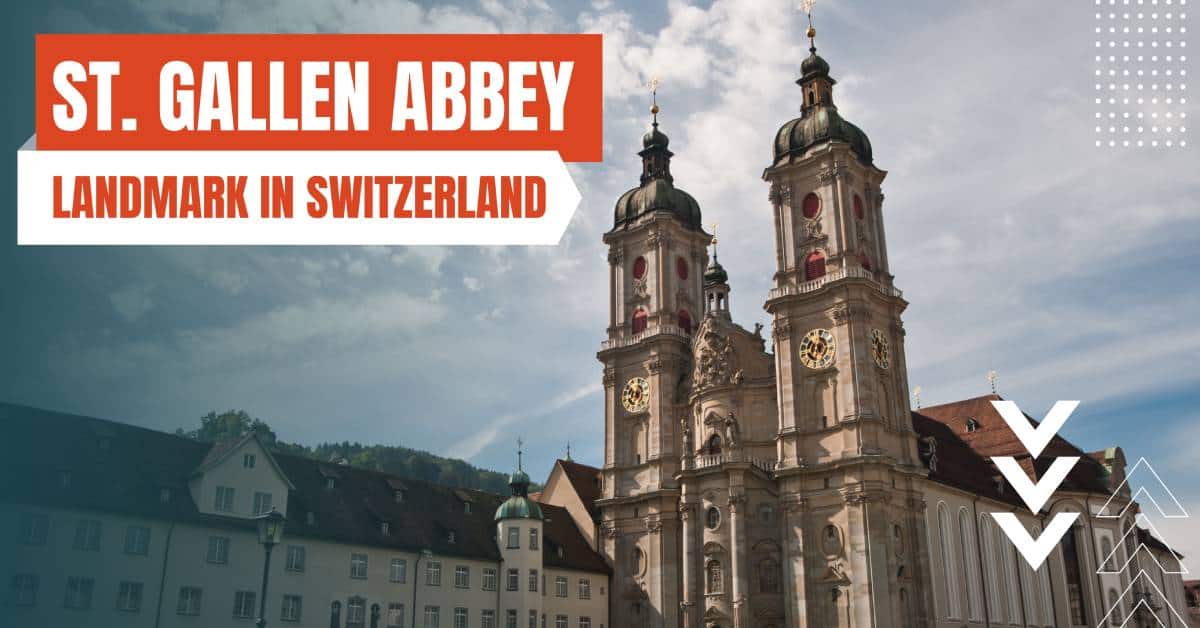
- Best Time to Visit: Year-round
- What to Expect: Stunning crystal installations, multimedia art, a crystal-themed play tower and playground, and shopping opportunities
- Ideal For: Families, solo travelers, art enthusiasts, shoppers
- Yearly Visitor Count: Approximately 600,000
- Geographical Location: Wattens, Tyrol, near Innsbruck
Swarovski Crystal Worlds, a unique attraction in Tyrol, is a celebration of the world-famous Swarovski crystal company. Visitors can explore a series of mesmerizing multimedia art installations and crystal-themed exhibits, designed by renowned artists.
The complex also features a play tower and playground for children, as well as a shopping area where visitors can purchase Swarovski products.
Find eSIMs for Austria


